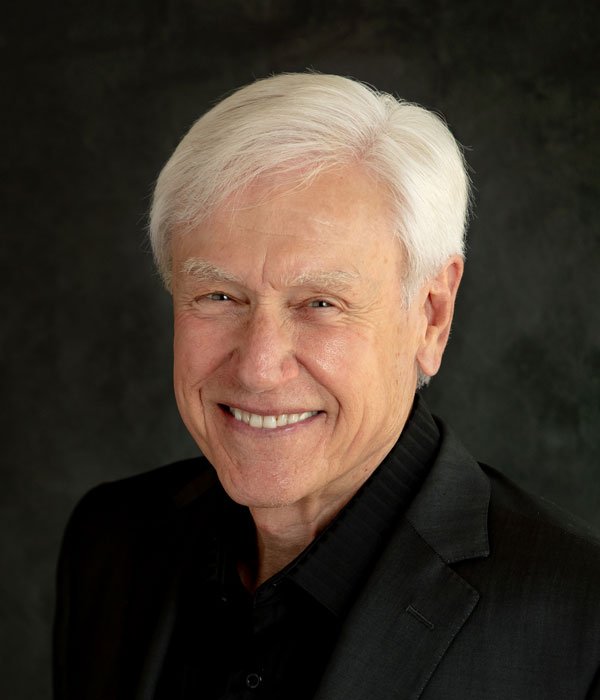I recently went one-on-one with Judah Taub, co-founder and Managing Partner of Hetz Ventures. Judah is a lecturer at Wharton and is the author of the new book How to Move Up When the Only Way Is Down.
Adam: Thanks again for taking the time to share your advice. First things first, though, I am sure readers would love to learn more about you. How did you get here? What experiences, failures, setbacks, or challenges have been most instrumental to your growth?
Judah: Thanks, Adam, it’s great to have this conversation. How I got here, I’d attribute to a combination of luck, skill, and failures. My career started in the military; at first I trained in a prestigious combat unit but after 14 months and dislocating both shoulders, I couldn’t complete the training. The upside to that development was that I instead joined a prestigious classified intelligence unit and am fairly unique to have been exposed to many angles of strategic and practical defense thinking.
A few years later, I served as Head of Data at a hedge fund; that gave me a lot of experience and skills which came in handy when I later left to start the venture capital firm I manage today, Hetz Ventures.
Along the way, there were plenty of other failures and successes I experienced; back in high school, I tried to build a hovercraft – it failed. Later, I invented a round-format sudoku which I successfully sold to a local newspaper. Then I worked on developing a set of magnets that would create perpetual motion – that failed. During the COVID-19 pandemic, I led a team in building a ventilator that can support eight people in parallel that did succeed, but thankfully was ultimately not needed.
Today I am privileged to regularly meet ambitious entrepreneurs and discuss their innovative ideas.
Adam: What do you look for in companies you invest in? What are your best tips for fellow investors?
Judah: I have never met a perfect company, or one that is immune to failure (if you spot one, let me know!). What we weigh much more heavily is the quality and chemistry of the team, their level of ambition, and whether this venture suits us as a firm (as far as what problems they are solving with the sophisticated software they are building).
Adam: What are your best tips for entrepreneurs?
Judah: Tell your pitch backward. Not ‘we will do A, then B, then C’. But rather, ‘by Q1 2027 we will be at C, therefore we will arrive at B by January 2026, which is why we are already doing A now’. Big companies are made of big visions and the best way to show this is by explaining the vision by working backwards, from the big stuff, back to what it takes to get there today.
Adam: In your experience, what are the key steps to growing and scaling a business?
Judah: Over the years I have grown to appreciate how important it is getting the right leadership team. If you have an amazing Chief Revenue Officer or VP of Product, they will solve many of the scaling challenges, even if the challenges are big. If you find that your leadership team is not fantastic, then even a small scaling challenge can turn into a true threat to the entire business. Therefore, if you want to grow and scale, make sure your leadership is the ready and the right ones to execute this strategy.
Adam: What do you believe are the defining qualities of an effective leader? How can leaders and aspiring leaders take their leadership skills to the next level?
Judah: If by leadership, you mean CEO of a start-up, then my opinion is that the CEO must be great at 3 things:
-
Raising money.
-
Hiring great people.
-
Building the right vision for the company.
When the CEO is weak at one of these, it will cause issues. With the right vision, enough capital, and probably most importantly, the right people around him/her, a great CEO has the tools to solve anything else.
Adam: What are the most important trends in technology that leaders should be aware of and understand? What should they understand about them?
Judah: As much as we hear a lot of chatter about it, it would be hard (and wrong) not to mention AI. Like with the early days of the internet, it isn’t always that easy to imagine just how broad the implications will be. Try this thought experiment: Imagine you have spent billions building a massive portfolio of real estate buildings. Then suddenly a new invention allows houses and buildings to be built at no cost. All your effort can now be replicated at a fraction of the time and cost. So too now with AI and software ‘buildings’. Corporations have spent billions and decades building products that AI will outperform with a click of a button. The analogy isn’t perfect, but it gives you an idea of the size of disruption we are about to experience.
Two other areas to watch for impactful trends would be geopolitics and regulation. For decades large tech companies have been able to mostly avoid regulation while also ignoring global tension in the name of pushing humanity’s boundaries. Both of these issues are changing in a fundamental way and will play much bigger parts of dictating success and failure in the coming decade.
Adam: What do you hope readers take away from your new book?
Judah: First, I really hope readers will, at minimum, simply enjoy How to Move Up When the Only Way Is Down as much as I enjoyed putting it together.
But more than that, I do hope the book gives readers a push to examine their own local maximums, their own challenges, in a new way – whether with their start-ups, their day-to-day “local maximums” or longer-term challenges.
In each chapter we take one technique AI has learned to use and then examine real human examples of how the same technique can be implemented by people.
It would be great if after reading How to Move Up When the Only Way Is Down, readers found that they made at least one major decision differently, hopefully leading to a better outcome.
Adam: What are your best tips on the topic of time management?
Judah: There is a classic exercise I would use to teach during the officer’s course in my military service: you start with a plastic bottle and piles of big rocks, small rocks, pebbles, sand, water, and salt. It looks impossible to fit all that material in the bottle, but the point is, that if you put them in the right order, they can all fit. So a key piece of advice is planning your time in advance as you can achieve so much more with the time you have to fill.
Another exercise is to identify which stones are actually the big ones vs. small ones. For example, a task that is hard but can be done on your own time is actually far more flexible and easy to fit than one that may be easier to do but relies on someone else in order to complete it.
Adam: What is the single best piece of advice you have ever received?
Judah: Judge those around you positively.









